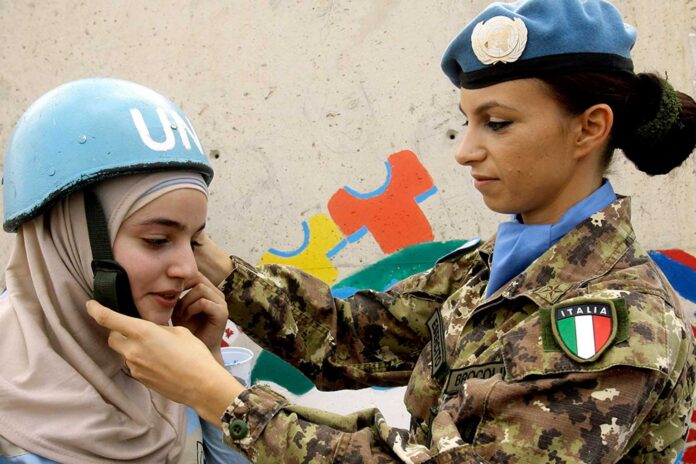United Nations peacekeeping is at a crucial juncture, facing challenges far more complex than ever before. In 2024, the UN Secretary-General António Guterres highlighted the need for a New Agenda for Peace to address the multifaceted threats in an increasingly interconnected and unstable world. This agenda comes amid escalating global crises, including climate change, technological warfare, and rising geopolitical tensions, and calls for a significant overhaul of the current peacekeeping mechanisms.
The evolution of peacekeeping
Historically, UN peacekeeping missions focused on post-conflict stabilization, monitoring ceasefires, and enforcing peace agreements in regions recovering from wars. However, in recent years, the nature of conflicts has changed dramatically. Non-state actors, terrorist organizations, and cyber warfare are now major factors, complicating the efforts of traditional peacekeeping operations. Conflicts are no longer confined to specific regions but are transnational, fueled by economic disparities, political instability, and climate-induced migration.
In response to this evolving threat landscape, the New Agenda for Peace launched in 2023, emphasizes diplomacy, conflict prevention, and multilateral cooperation. The agenda aims to modernize peacekeeping strategies by addressing root causes of conflict such as poverty, inequality, and environmental degradation, rather than merely managing active conflict.
New threats: Technology and climate change
The role of technology in modern conflicts cannot be overstated. Armed drones, cyberattacks, and artificial intelligence are increasingly being weaponized, posing new challenges for peacekeeping forces. The UN has acknowledged that these new forms of warfare require a different approach. The agenda calls for better integration of technology in peacekeeping missions, both for conflict prevention and for countering malicious technological threats.
Climate change is also emerging as a significant driver of conflict, especially in vulnerable regions where resource scarcity and natural disasters are escalating tensions. The New Agenda stresses that peace efforts must be intertwined with climate resilience strategies to prevent conflicts arising from resource competition.
Inclusion and regional partnerships
A core aspect of the New Agenda for Peace is the inclusion of diverse societal groups in peace processes, particularly women and youth, to create more sustainable and inclusive solutions. The UN emphasizes that involving multiple stakeholders leads to more resilient peace agreements. Moreover, the agenda encourages stronger partnerships with regional organizations such as the African Union, which often possess more immediate knowledge of local conflicts and can act swiftly in crisis situations.
The future of peacekeeping
In the context of a world teetering on the edge of new geopolitical conflicts, such as those in Ukraine, Gaza, and Sudan, the UN’s ability to adapt its peacekeeping framework will be critical. The New Agenda for Peace advocates for a shift from reactionary deployments to proactive, preventive diplomacy. This approach focuses on building peace before conflict erupts, addressing the socio-economic and environmental factors that often lead to violence.
The challenges facing the UN’s peacekeeping efforts underscore the need for a reimagined global peace strategy. As the UN continues to lead humanitarian and peace efforts across the globe, it must embrace this new agenda to effectively mitigate the complex crises of the 21st century.










